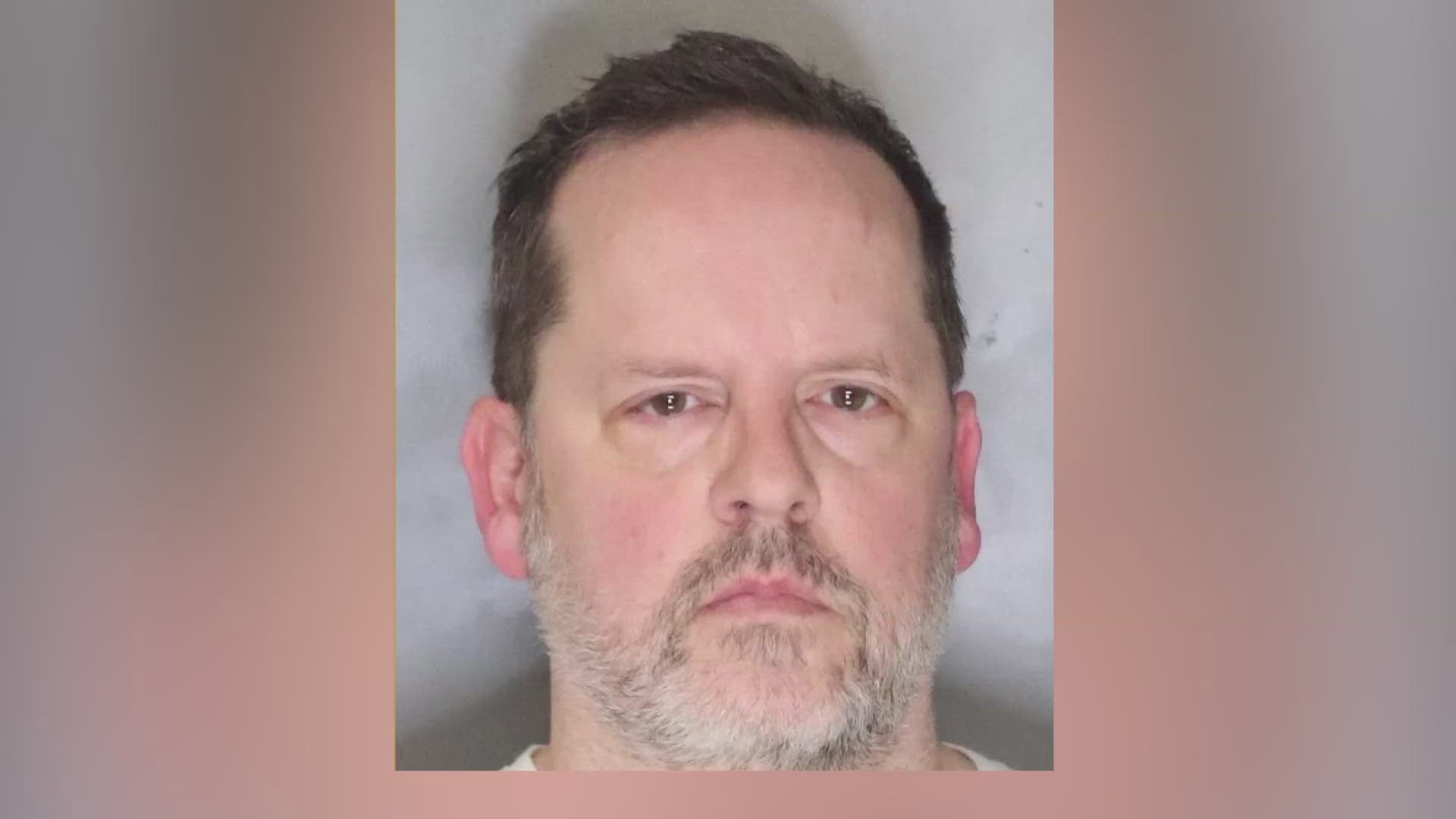YUBA COUNTY, Calif. — A Northern California community college district is asking its voters to approve a $228 million bond to improve its aging campuses and develop their new ones.
The Yuba Community College District [YCCD] is pushing out a bond measure for the 2020 primary for voters in Lake, Colusa, Yolo, Yuba, and Sutter Counties. It's the district’s latest funding effort in a little more than a decade to modernize and improve the buildings on their campuses. Their last effort in 2006 got them $190 million toward these projects, but there’s still more work to do on both the newer and aging campuses.
“With the previous election… that really didn’t even address half of those needs, so, those needs are still remaining,” Doug Houston, Chancellor for YCCD, said.
The $228 million that's being asked for will focus on renovation, modernization, and making new buildings, essentially picking up the other half of a $400 million need that the current bond can’t support.
Houston says some of the facilities in Yolo, Yuba, and Lake County are suffering from aging. In particular, the Yuba College main campus has buildings that are up to 60 years old with a lot of wear and tear.
Another factor in getting those buildings up-to-date is their growing reliance on instructional technology, Houston said. Their plans would modernize the buildings to make access better for instructional technology and to improve internet access for students across their campuses.
However, the bonds aren’t just about updating the old buildings. The new campuses are also planned to see some growth and attention.
“The Sutter Campus… it’s a single building campus. It’s extremely impacted,” said Houston. “It’s been full really since we opened the doors on it."
The bond could also mean expansion for the Colusa County campus. It has only one building, but the district is hoping to prepare for long term growth for both the area and the school itself.
From their last successful bond effort, the district brought three new campus buildings to Lake County and plans for a $40 million building at Woodland Community College. The Sutter and Colusa County campuses came directly out of the 2006 bond measure.
“We’re not talking extravagant facilities, as I’ve already indicated. We’re pretty aggressive about insuring that we optimize the use of our facilities so that we’re not overbuilding,” Houston said.
As a whole, the community college district runs lean on funds. Houston says these bonds are one of the only ways projects like these can be funded.
“The challenge that we have in community colleges is we just really don’t have any additional funding that comes to us other than the funding that we need to actually deliver instruction and student support services to our students,” said Houston. “Community Colleges in California are the lowest funded segment of public education in the state.”
When it comes to state funding, Houston says community colleges get around three-fourths of what secondary schools receive per student, about half what the California State Universities operate with, and about one-third of what the University of California's get.
“Many of the community colleges in the state, certainly most of the rural community colleges in the state, have been built largely by local property owners through bond initiatives like this,” Houston said.
For YCCD, bonds passed in the 1950s built their main college campus in the 1950's, the Yolo campus in the 1980s, Lake County campus in the 1970s, and the Sutter and Colusa campuses in the 2006.
Around last summer, the district did a survey that found support for a new bond measure. While there's no hard formula established for how money would be divided, Houston says the district committed to investing in each community with the 2006 bond and are committed to doing so again.
The district wide ballot measure will need 55% approval from voters to pass in the March 2020 primary election.
WATCH ALSO:

